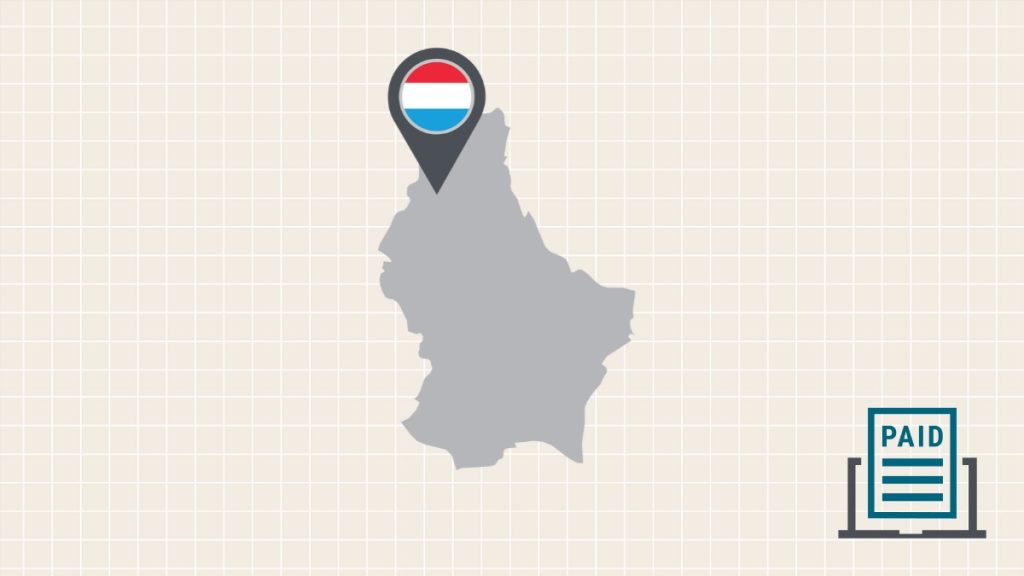Luxembourg adopted legislation to mandate B2G e-invoicing in December of 2021. Compliance was phased, beginning with first large corporations (May 18, 2022), then medium size (October 18, 2022), and finally also the small businesses (March 18, 2023).
What is required to comply with Luxembourg’s e-invoicing mandate?
It may not be a surprise that Peppol is the chosen infrastructure, and the EN-16931 with Peppol business rules is the invoice specification. Whilst public entities already had to support reception of e-invoices since 2019, now they need to receive them through a Peppol connection.
Also, if public entities create invoices for other governmental institutions, these need to be delivered using Peppol.
For the state administration and ministries, the CTIE (centre of IT services of Luxembourg) provides the access point infrastructure. Other entities will be free to select a service provider offering Peppol access.
How to address e-invoicing requirements
As always, addressing the public entities is a first concern. Currently Luxembourg has an addressing possibility using the VAT registration, but not all entities have a VAT registration. Addressing using VAT number will be replaced by addressing using the corporate identity number.
As the creation of an additional addressing scheme is ongoing, currently the LU:VAT scheme will also be used when addressing using the identity number in the register of legal entities.
If within the same legal organization multiple accounting departments need to be addressed, they will be identified as having an additional VAT registration number or an additional corporate registration number.
Need to check your compliance status? Chat with our e-invoicing specialists today.
Transaction requirements
Next topic then is the content of the document, and more precisely references that need to be present to allow the public entity to process the transaction in the back-office. For administrations and ministries, a purchase order reference needs clearance of a budget. Besides the order reference, this budget authorization code needs to be included in the invoice.
Guaranteed delivery and status
One of the big advantages of a network such as Peppol, is the embedded security as well as delivery confirmation. When the central access point has transmitted the document to a final customer, this will be confirmed by a status message (MLR). For this, the supplier needs to be registered for reception of these MLR messages. When a final customer also provides business processing status feedback, a corresponding invoice status message (IMR) will be sent back. However, this will depend on the integration status of this customer.
What steps do you need to take to comply with the Luxembourg e-invoicing mandate?
You will need to contact a service provider that enables Peppol access. If you are already using our Axway eInvoicing services (previously ViaAdValvas) for Peppol for other regions, then you are settled.
Secondly, you need to enrich your customer master data: the address your customers will need to use on Peppol. Axway eInvoicing offers additional possibilities, with for example the ability to configure overrides for entities with non-default addressing.
Finally, you need to verify your transaction quality. Axway eInvoicing automatically validates the invoice against business rules, but remember to check for buyer specific requirements, such as the presence of specific references or annexes.
Keep in mind also that you will not be able to combine multiple purchase orders or deliveries in a same invoice, so your billing settings may need a check.
Axway eInvoicing also allows the exchange of test documents using specific addresses monitored by CTIE in Luxembourg.
Get in touch to take control of your e-invoicing process to not just ensure compliance in Luxembourg and around the world, but also maximize efficiency and reduce costs with a 100% digital solution.
Handle e-invoicing in a global, standards-driven, and always up-to-date manner. Learn more about Axway eInvoicing.

Follow us on social